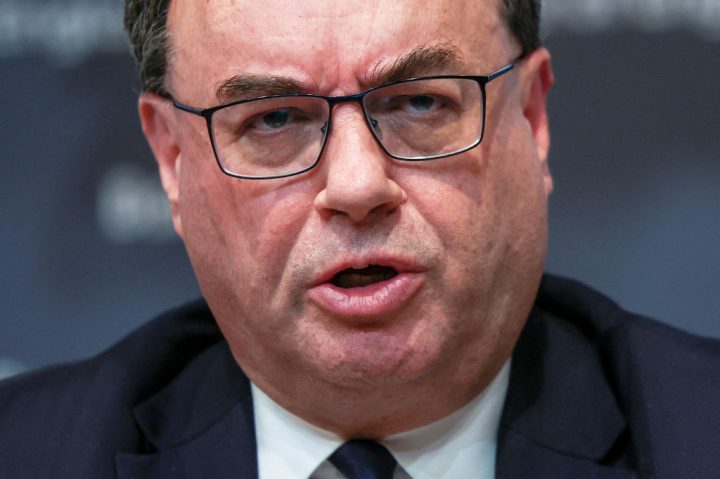Wages are slowly closing the gap with inflation, up 7.2 per cent in the year to April versus inflation of 8.7 per cent. It adds up to a real-terms decrease. It’s the 18th real-terms fall in a row – though the fastest nominal rise on record outside the pandemic. The new minimum wage (up nearly 10 per cent to £10.42 an hour) was a factor. The economy created 250,000 more jobs with the number in employment rising to 33.1 million. This shows signs of the worker shortage crisis softening a bit – the number of people either in work or looking for it rose to 34.4 million, the highest since October 2020. Meanwhile, the number of vacancies softened to 1.05 million – down a tad from 1.08 million but still almost twice as high at any point in the previous decade.
So the factors pulling in a record number of migrant workers in the middle of an era of mass worklessness are just as strong.








Comments
Join the debate for just $5 for 3 months
Be part of the conversation with other Spectator readers by getting your first three months for $5.
UNLOCK ACCESS Just $5 for 3 monthsAlready a subscriber? Log in